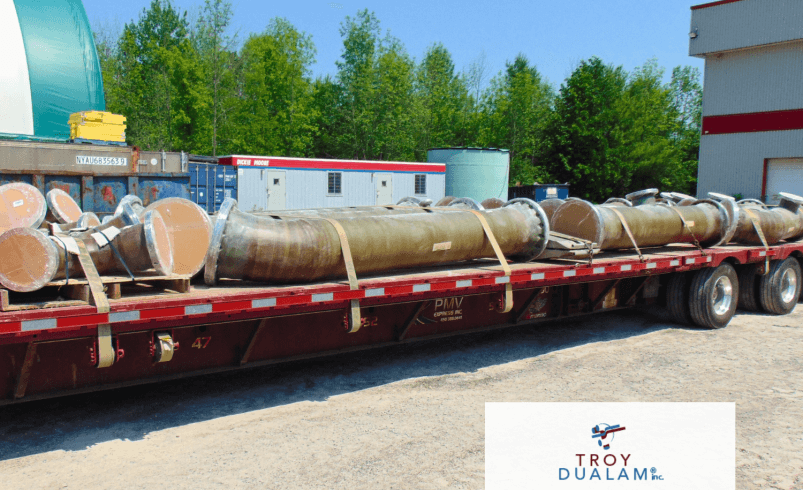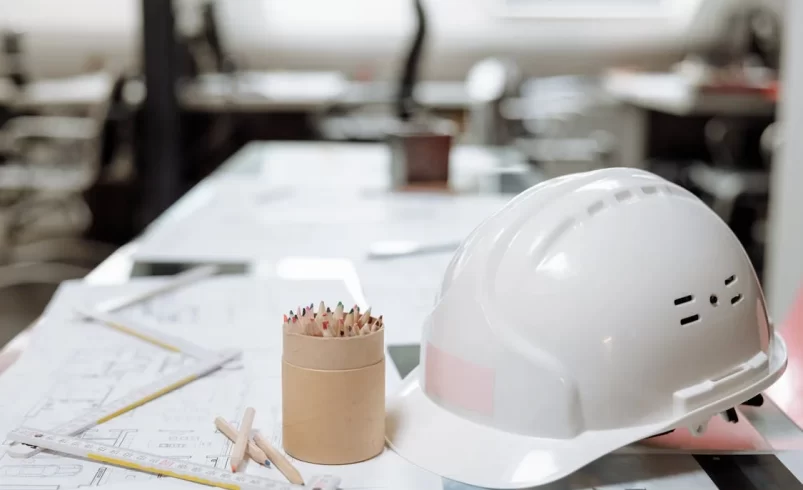
An Introduction to FRP Pipes: Benefits and Applications
Are you seeking an introduction to FRP pipes? If you’re curious about how Fibre-Reinforced Plastic (FRP) can create excellent pipes and why FRP is gaining popularity in various industries, you’re in the right place.
In this article, we’ll highlight the basic facts and numerous benefits they offer for industrial applications.
What is FRP?
FRP, or Fibre-Reinforced Plastic, is a composite material made of a polymer matrix reinforced with fibres such as glass or carbon.
This unique combination results in a material that is lightweight yet incredibly strong and durable.
FRP is fully customizable, making it the preferred choice for pipes that require less maintenance over time and protect the environment.
The Benefits of FRP Pipes
Corrosion Resistance: One of the most significant advantages of FRP pipes is their exceptional corrosion resistance. Unlike traditional materials like steel or concrete, FRP is impervious to rust, making it ideal for corrosive environments such as chemical processing plants or wastewater treatment facilities.
Lightweight: FRP pipes are significantly lighter than metal pipes, making them easier to transport, handle, and install. This can lead to cost savings in terms of labor and equipment required for installation.
High Strength-to-Weight Ratio: Despite being lightweight, FRP offers excellent strength and durability. Products made with it can withstand high pressures and loads, making it suitable for a wide range of applications, including industrial piping, water distribution, and sewage systems.
Longevity: FRP provides a long service life and requires minimal maintenance compared to traditional materials. Products made with it are resistant to degradation from UV exposure, chemicals, and abrasion, ensuring reliable performance over time.
Versatility: These pipes can be customized to meet specific project requirements, including diameter, length, and thickness. They can be in various configurations, including straight pipes, elbows, tees, and reducers, making them suitable for diverse applications.
Possible Applications of FRP Pipes
Chemical Processing: FRP is commonly used in chemical processing plants, where resistance to corrosive chemicals is essential.
Water and Wastewater: FRP pipes are great for water distribution, sewage systems, and stormwater drainage.
Oil and Gas: These pipes can be used in oil and gas production facilities for transporting fluids and gases.
Choose Troy Dualam For Your Next Pipe Project
FRP pipes can offer numerous advantages over traditional materials. Their wide range of applications makes them a preferred choice for various industries, from chemical processing to water and wastewater management. If you’re considering FRP for your next project, contact us at Troy Dualam Inc. Our expertise in corrosion-resistant materials ensures high-quality solutions tailored to your specific needs.



